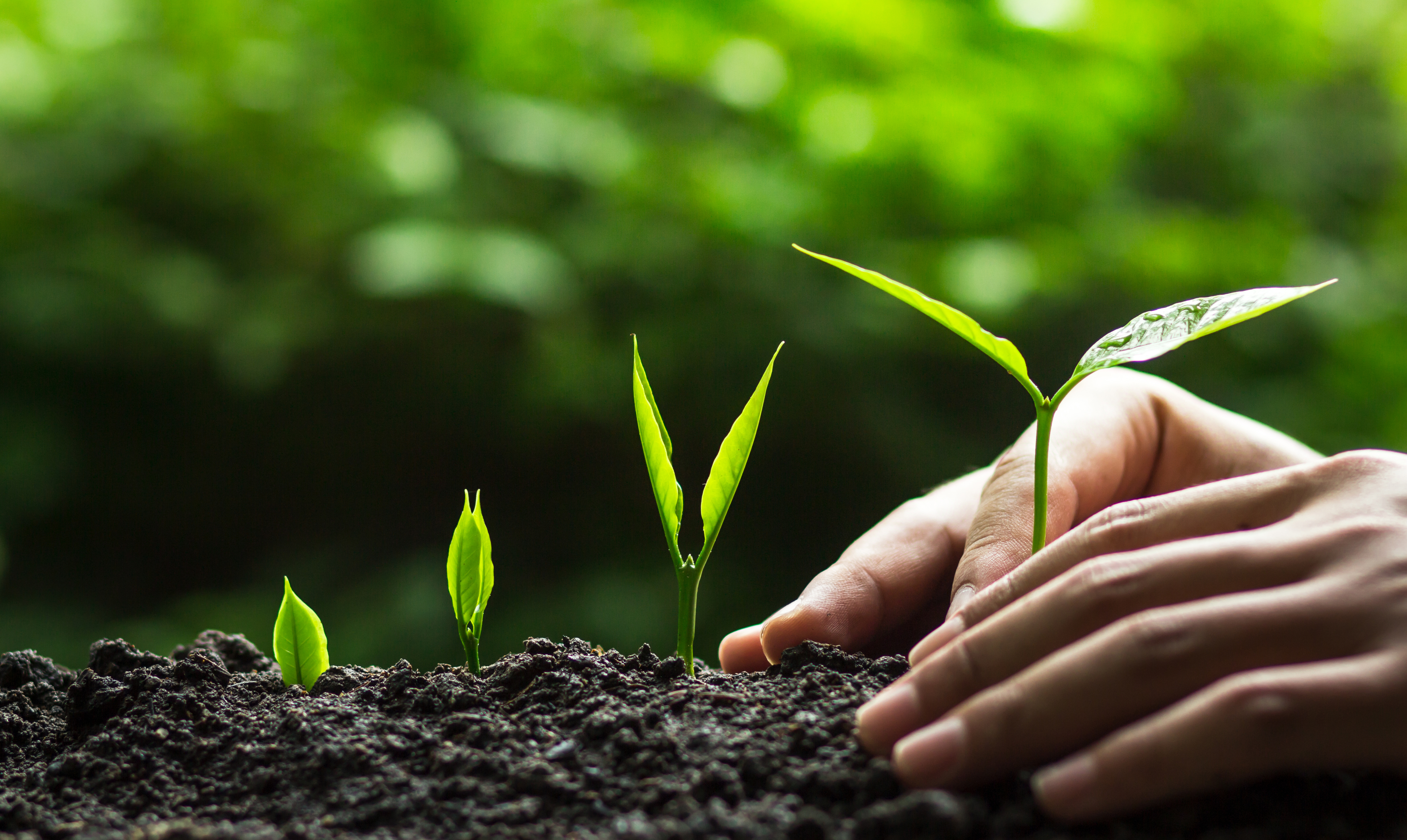Cultivating Hope: The Remarkable Benefits of Tree Planting in Sudan
Oct 6, 2023 11:26:32 AM / by GiftTrees

In the vast landscapes of Sudan, where arid deserts often dominate the scenery, the act of planting trees carries with it the promise of transformation. The benefits of tree planting in Sudan extend far beyond the aesthetic appeal of lush greenery. It's a vital step towards mitigating climate change, enhancing biodiversity, and improving the quality of life for millions. In this article, we will explore the compelling reasons to support tree planting initiatives in Sudan and how you can get involved by applying for grants and funding opportunities.
- Mitigating Climate Change
One of the foremost advantages of tree planting in Sudan is its role in mitigating climate change. Trees act as nature's carbon sinks, absorbing carbon dioxide from the atmosphere and storing it in their biomass. This not only reduces the concentration of greenhouse gases responsible for global warming but also helps combat desertification, a pressing issue in many parts of Sudan.
As temperatures rise and rainfall patterns become increasingly erratic due to climate change, planting trees can help maintain local microclimates, making it possible for communities to adapt to the changing environment.
- Restoring Ecosystems and Biodiversity
Sudan's unique ecosystems and rich biodiversity have been under threat for decades due to deforestation and habitat destruction. By planting trees native to the region, we can help restore these vital ecosystems, providing habitats for various species of flora and fauna that are under threat.
Additionally, increasing the green cover can facilitate the return of migratory birds and promote the pollination of crops, contributing to sustainable agriculture and food security.
- Soil Health and Water Management
In a country where water is often scarce, trees play a crucial role in maintaining soil health and managing water resources effectively. The root systems of trees help prevent soil erosion, retaining moisture and nutrients in the ground. This results in improved agricultural productivity and soil fertility, which is essential for the livelihoods of Sudanese farmers.
Furthermore, trees aid in regulating local water cycles, reducing the risk of flooding during heavy rains and ensuring a steady supply of water during dry spells.
- Economic Opportunities
Tree planting initiatives in Sudan offer numerous economic benefits to local communities. These projects create jobs, both in the initial planting and in the ongoing maintenance of trees. Additionally, the sustainable management of forests and agroforestry systems can generate income through the sale of timber, non-timber forest products, and carbon credits.
Tree planting in Sudan is a powerful means to address environmental challenges while creating sustainable solutions for local communities. By harnessing the benefits of tree planting, we can combat climate change, restore ecosystems, and promote economic growth. Take the initiative and explore grant and funding opportunities to contribute to this noble cause. Your efforts can be a catalyst for positive change in Sudan, making it greener, more resilient, and prosperous for generations to come.
How You Can Make a Difference
Now that we've highlighted the substantial benefits of tree planting in Sudan, it's time to take action. You can make a meaningful impact by applying for grants and funding to support tree planting initiatives in Sudan. By applying for a grant, you become an active participant in the mission to transform Sudan into a greener, more resilient nation.

